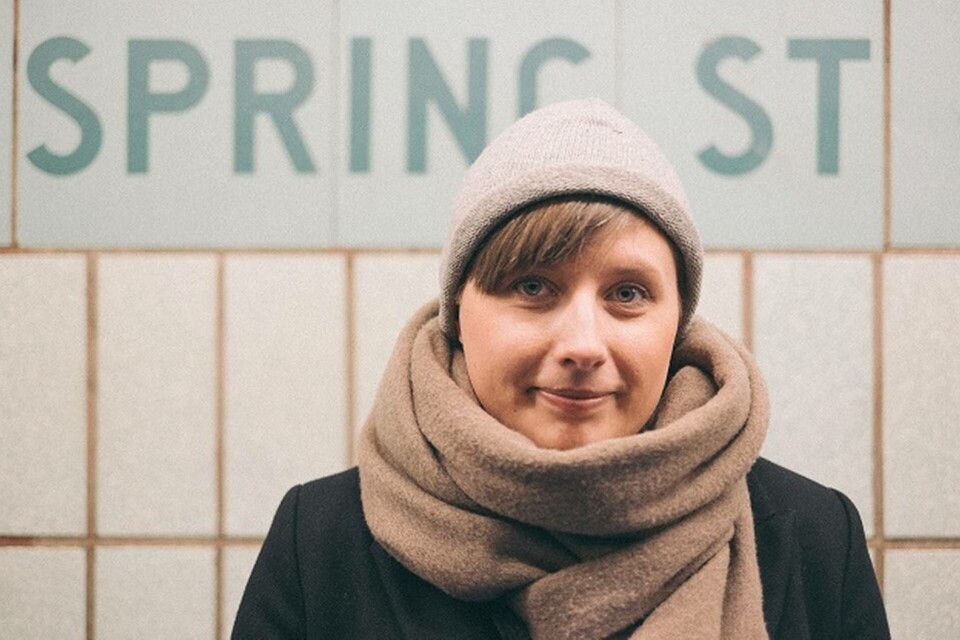Lediga jobb
-

Inspektör inom IT-säkerhet
-

Junior Reläskyddsingenjör
-

Specialist inom AMS inriktning stationer
-

Brandväggstekniker
-

Beräkningsingenjör Mekanik till Voith Hydro
-

Mjukvaruutvecklare, hårdvaruutvecklare och systemingenjörer till Cikoria Embedded
-

Enhetschef cybersäkerhet
-

FRA söker scrummaster och kreativ mjukvaruutvecklare
-

Kraftsystemspecialist inom planeringsmodeller
-

Kraftsystemanalytiker inom spänningsstabilitet















































